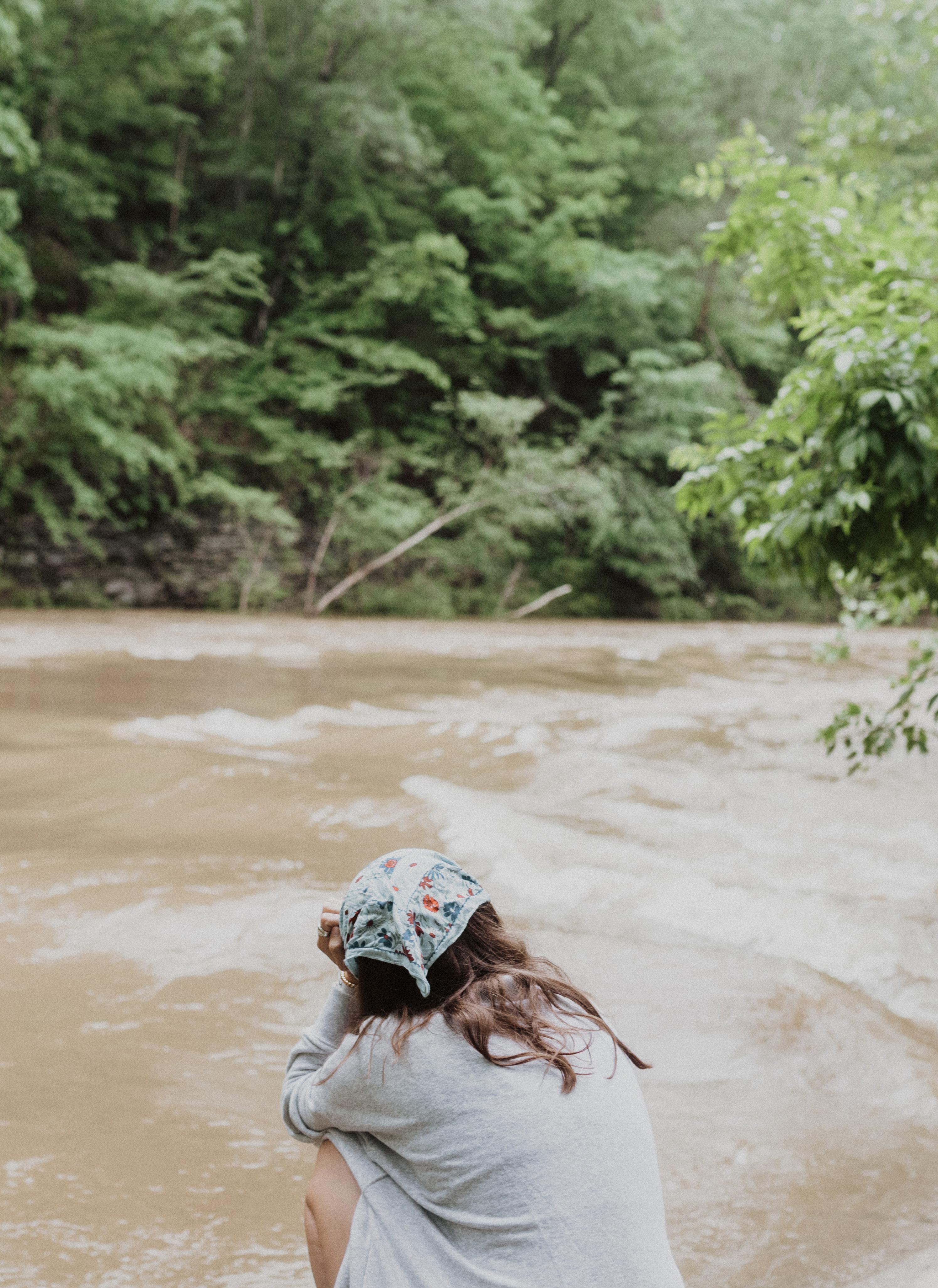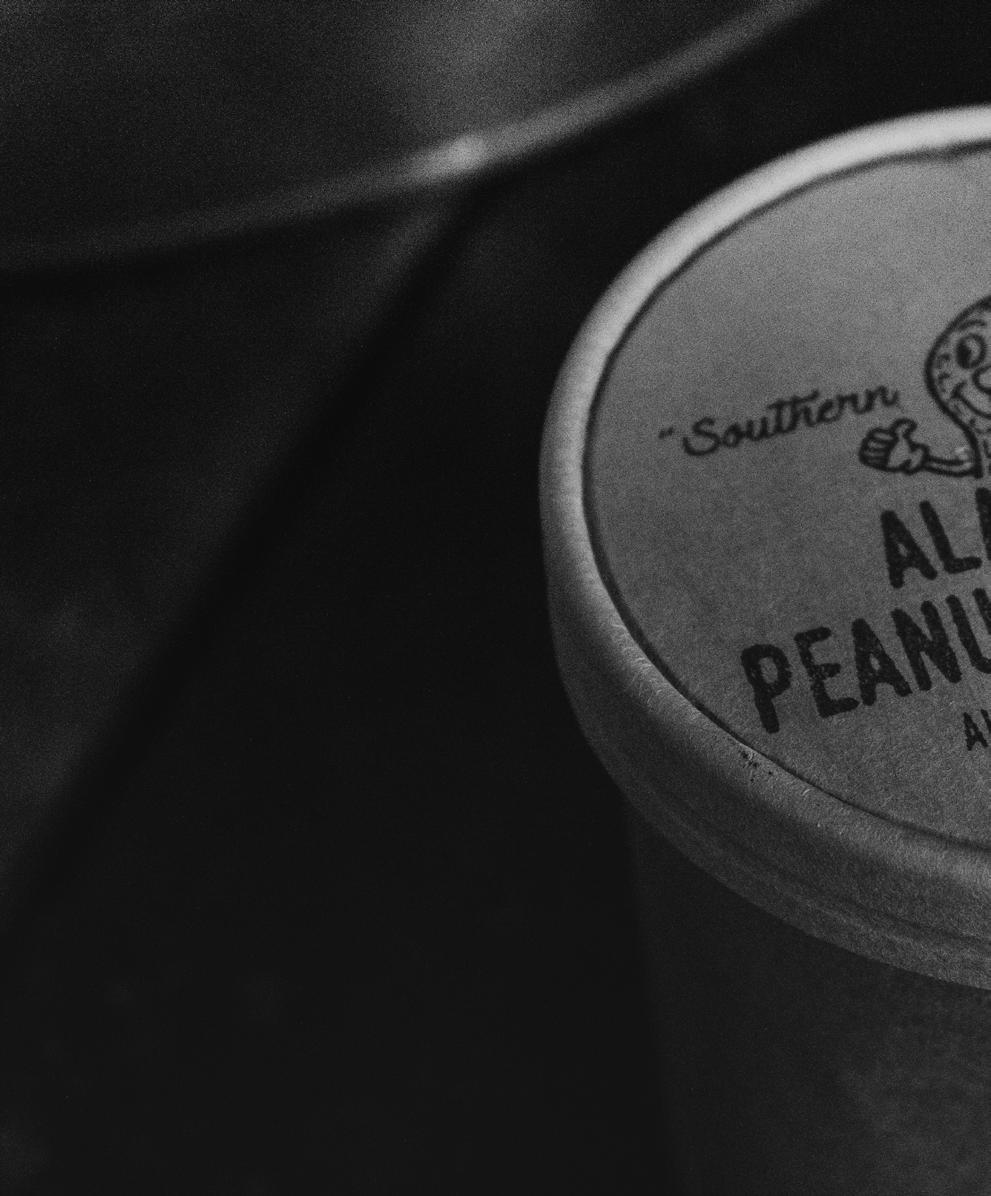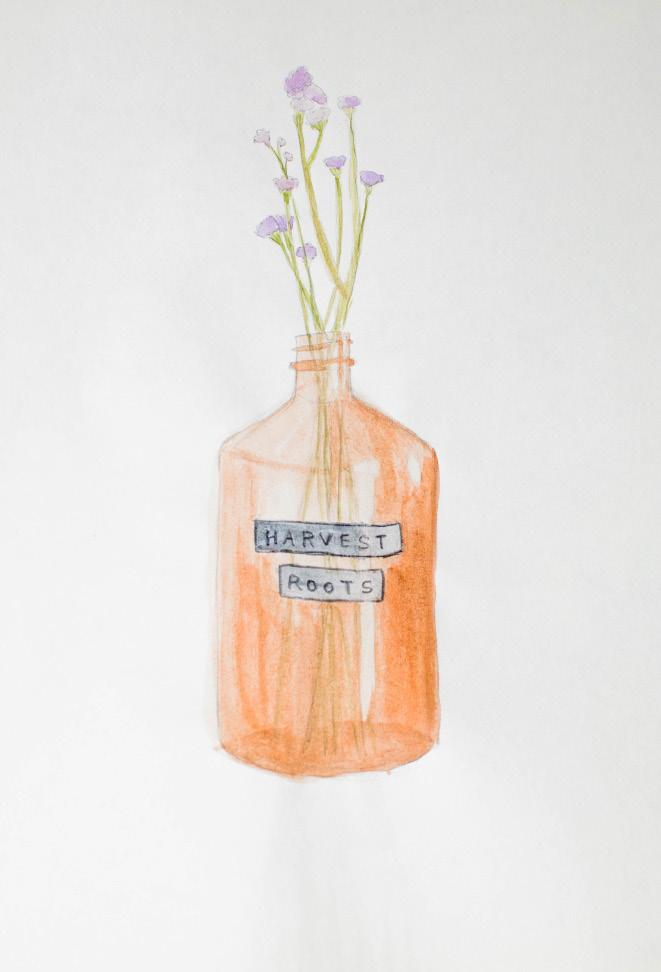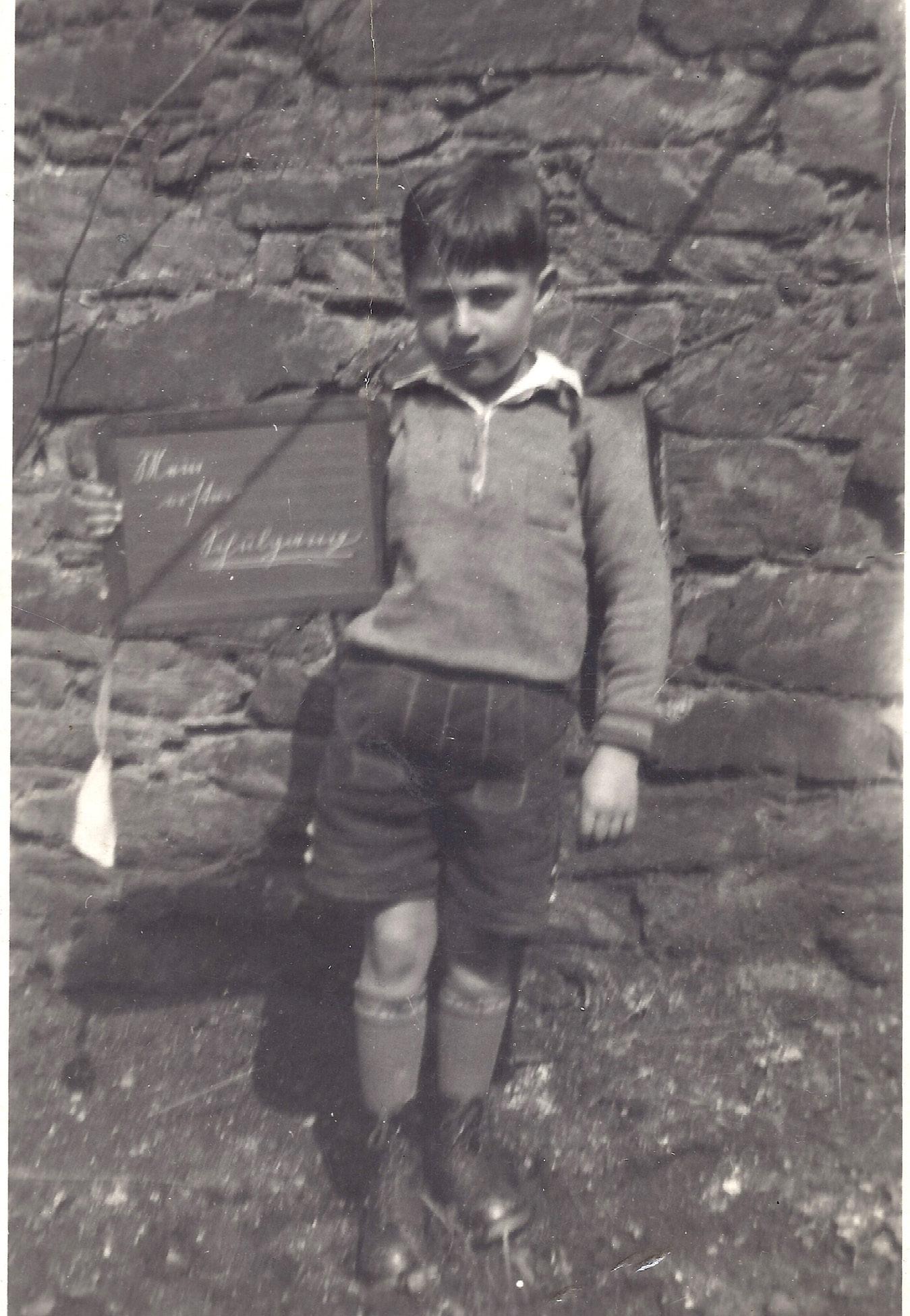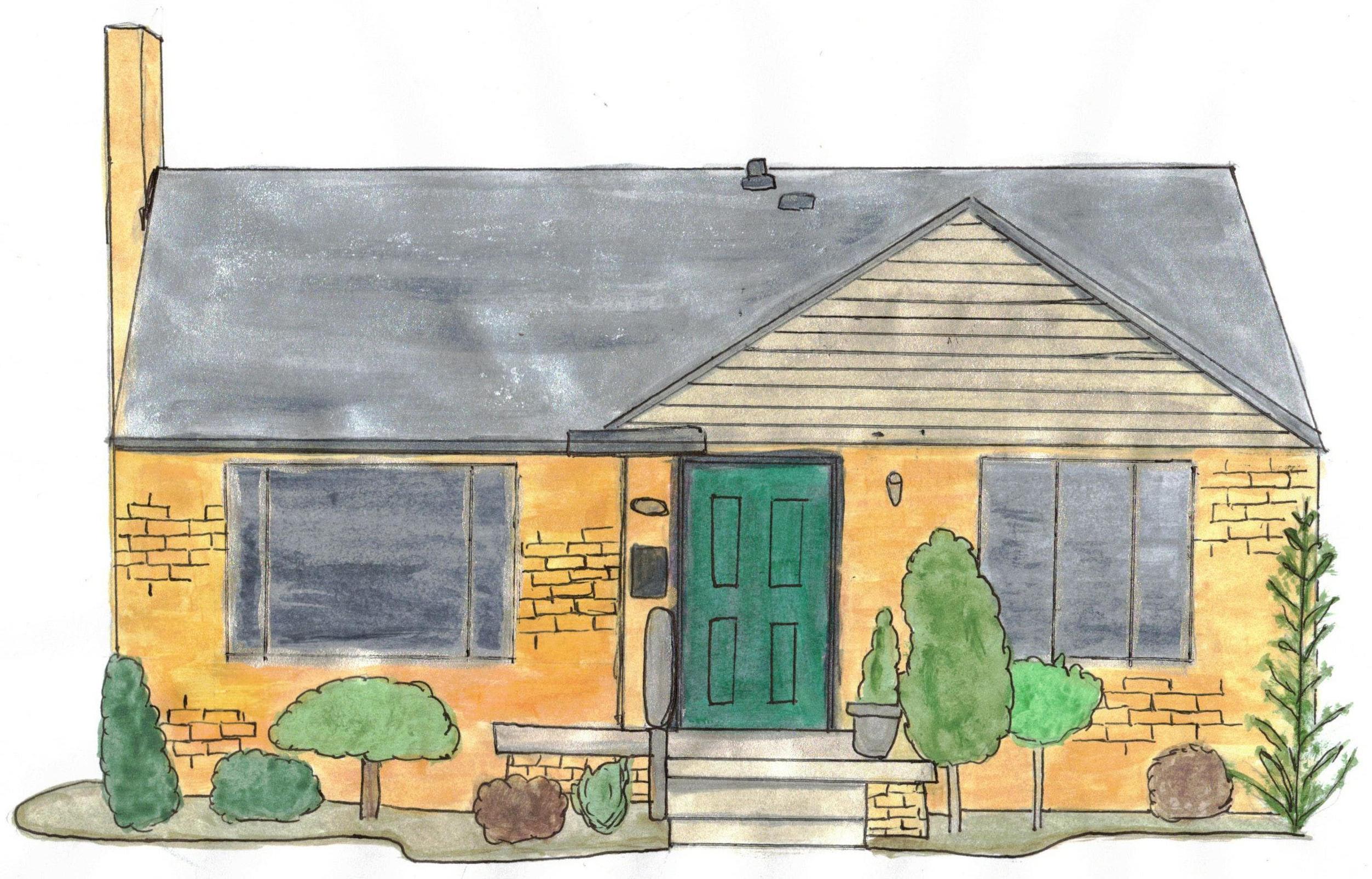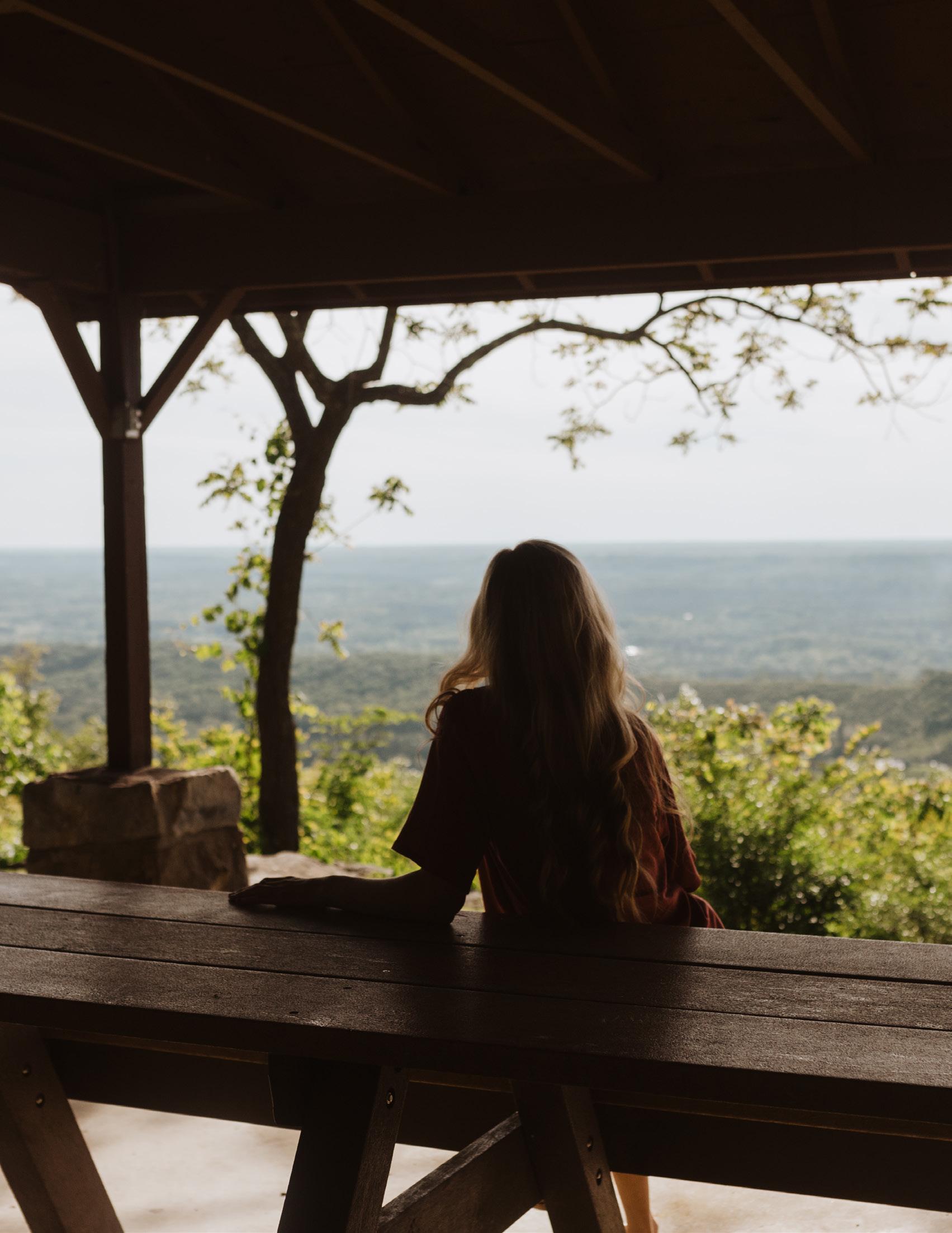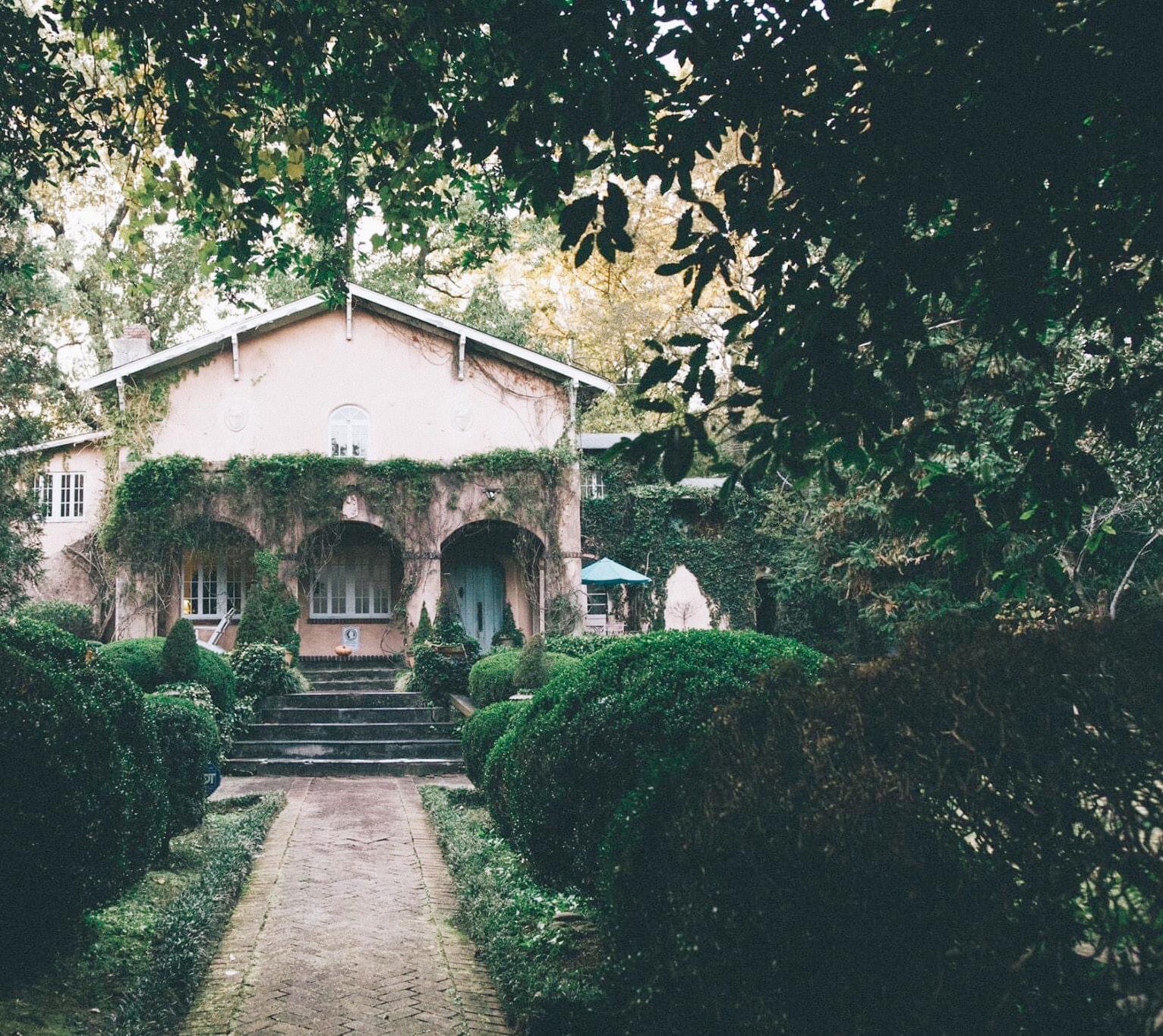
5 minute read
AN UNSUNG VICTIM
An Unsung Victim THE CAHABA RIVER, BY: DANIEL DODSON
The Cahaba River is the primary drinking source for the city of Birmingham.
Advertisement
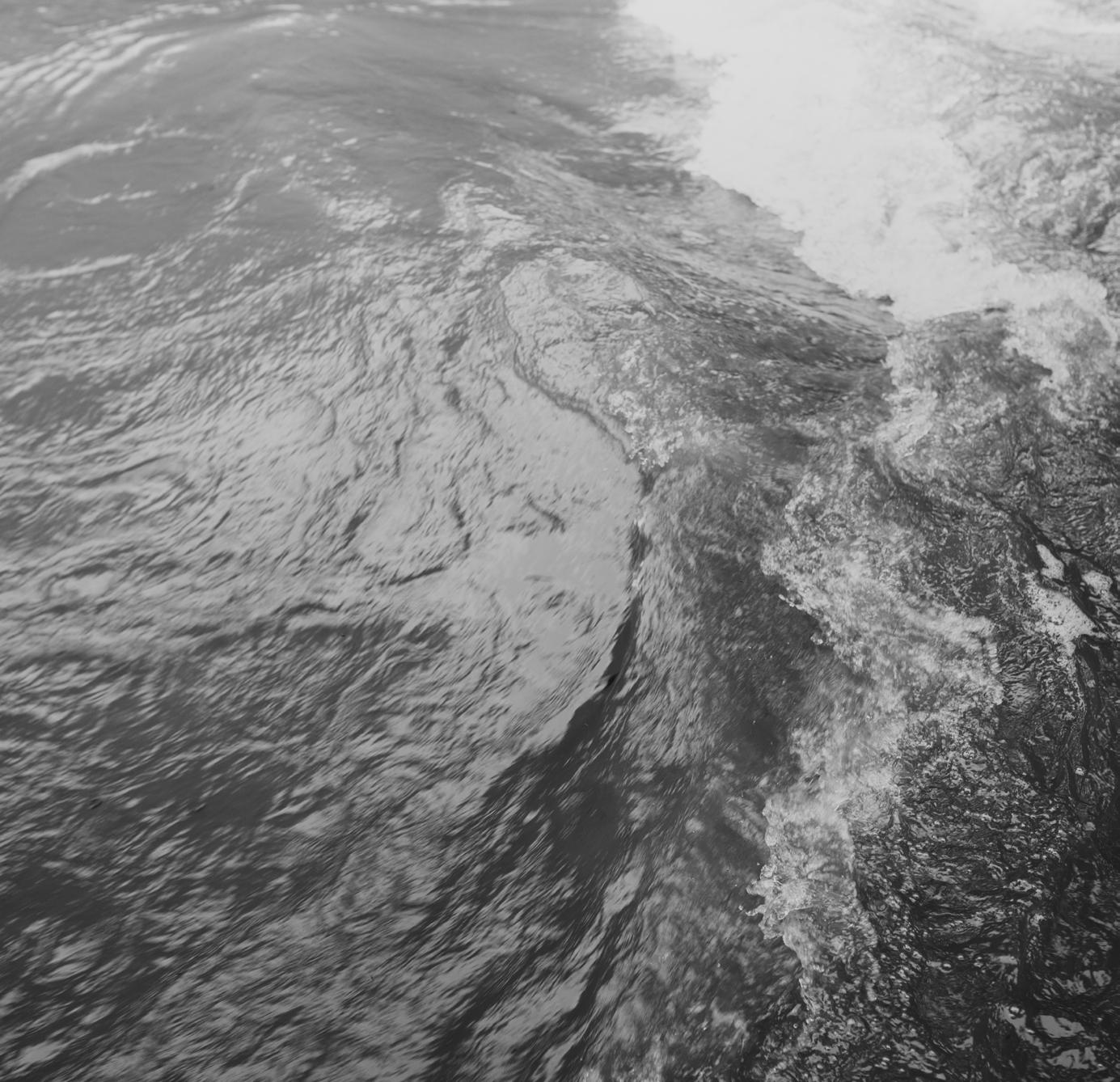
Clocking in at 194 miles long, the Cahaba River is the longest free-flowing river in the state of Alabama. It is the primary drinking source for the city of Birmingham, but it also faces a major challenge.
Development in the Birmingham-metro area has been on the rise in the last 20 years. Communities around the Cahaba River have seen an increase in population of about 60 percent according to the City of Birmingham. David Butler, staff attorney and riverkeeper for the Cahaba Riverkeepers, is committed to increasing awareness about pollution in the Cahaba. swim. According to Butler, it also documents the number of waste treatment facilities and septic tanks. But there is more to pollution in the Cahaba than just trash and waste treatment excess.
“The biggest threat to habitat is just dirt and accumulation of sediment,” Butler said.
“People look at dirt and see it as a natural part of the river, the bed of the Cahaba is very rocky and the mud flows in the river and blocks the rocks and the things that require that space don’t have a habitat anymore. So they have to move down the river where they won’t survive.”
“We’re a non-profit advocacy group,” Butler said. “We document issues in the river and hold people accountable.”
The Cahaba Riverkeepers are responsible for many programs to help locals understand the complex biodiversity of the river and how to be safe when using it. The Swim Guide is released weekly during the summer months and gives people an idea of where it is safe to
According to Butler, he believes the river is cleaner chemically than it was historically but the overall health of the river is at a steady decline due to the amount of development around the river.
“We are changing the river so fast it doesn’t have time to heal itself,” Butler said. “The impact is greater and greater and has a smaller margin, habitats for species are vulnerable.” spring 2020 | 23
Butler says that the Cahaba River has some of the most biodiversity than any other body of water in the world. As development continues, certain species are at risk for being endangered or even extinct. The Riverkeepers take samples and record what they find in the river to develop a catalog, something that has never been done.
“Last year we collected 500 samples from different creeks and rivers so we can document what is still found in the river today,” Butler said. “Each time we take a sample, we put themin storage so it is kind of like a time capsule.” and public outreach, we are also working on a partnership to install litter traps to collect trash before it migrates to other places.”
The Riverkeepers are member-supported and rely on their members for funding and volunteers according to Butler.
“We utilize tons and tons of volunteers to do the work,” Butler said. “ You can get involved with your time, money or energy, plenty of ways for people to get involved in the river actively.”
The Riverkeepers and Butler like to think that they are preserving those samples for future generations so they can see all that has lived in the Cahaba.
One large event each year is the Renew our Rivers cleanup along the Cahaba which is sponsored by Alabama Power and the Cahaba Riverkeepers.
“The biggest gap in information is just that nobody has really ever done a comprehensive survey of the river to develop a baseline,” Butler said.
A big point Butler tries to make is that there is an economic benefit of having species like snails in the river. According to Butler, the lack of strict environmental laws and funding for programs poses a problem for the health of the river.
“Another big challenge is that our state has underfunded environmental management. The DEM only has the budget given by the state legislature to protect the hundred thousands of miles in Alabama,” Butler said.
The work performed by the Riverkeepers is often viewed as political according to Butler. He wants to change that point of view.
“It is really as simple as the Cahaba River is the source of our drinking water and unravelled by biodiversity,” Butler said. “Both parties have achievements and failures in terms of environmental record, the answer is really being involved, people just don’t take action.”
The Cahaba Riverkeepers have several events and training throughout the year to get people involved in their efforts. “For the 20 years of the Renew our Rivers program, almost 120,000 volunteers have removed almost 16 million pounds across Alabama, Mississippi, Florida and Georgia, with over 11 million in Alabama alone,” Mike Clelland, the Alabama Power coordinator of Renew our Rivers, said.
Specifically along the Cahaba, Renew our Rivers has been supporting and participating in cleanups along the river, from the upper reaches down to the Cahaba Wildlife Refuge, alongside volunteers from Cahaba Riverkeeper and Friends of the Cahaba, according to Clelland.
“Over 1,000 volunteers have removed over 63,000 pounds of trash,” Clelland said. “There is a cleanup scheduled this year on April 18th.”
According to Butler, he sees that when people are out doing the volunteer work and giving their time to the river, they see the value of the work and have more opportunities to learn about the river.
“Most people in Birmingham don’t have an understanding of the Cahaba other than it is the river they drive over everyday,” Butler said. “One of our biggest goals is educating people about how special and unique the river is.”
“We sponsor water quality training sessions, we do training and send out volunteers to collect samples and monitor,” Butler said. “There is a lot of litter awareness
Photos by Sarah Watlington.
